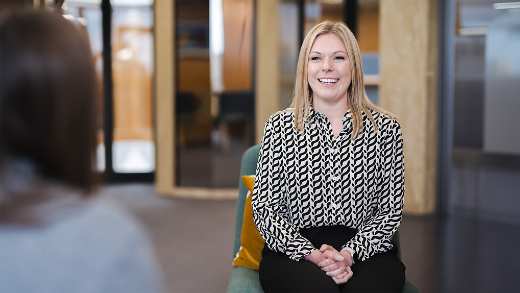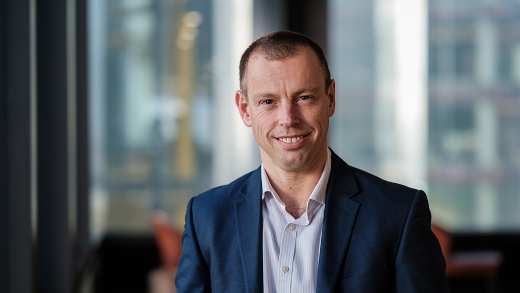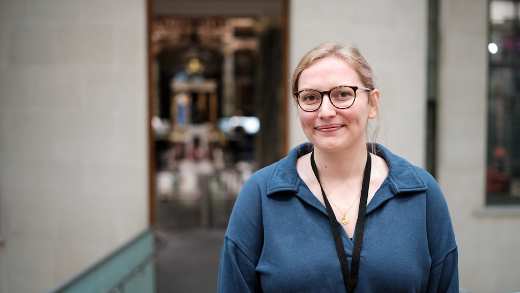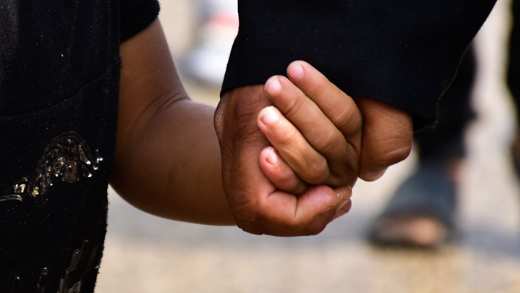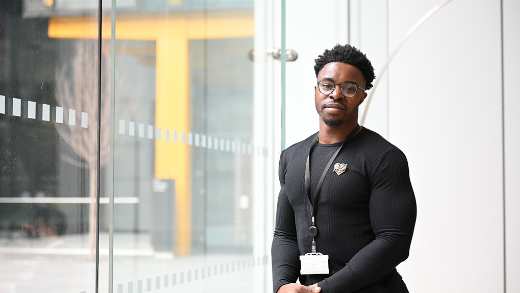When someone forces their partner to depend on them financially, the financial services sector is uniquely positioned to help. But it takes compassion, and a willingness to listen and learn.
When someone forces their partner to depend on them financially, the financial services sector is uniquely positioned to help. But it takes compassion, and a willingness to listen and learn.
A year ago, Aviva became one of the first organisations to offer domestic abuse training for all our people in the UK and Ireland. And the need to support our customers and colleagues has only increased – in the first 12 months of the pandemic, calls to the national domestic abuse helpline increased by 61% versus the previous year.
So, led by a small group of colleagues, we decided to do something. Partnering with the charity SafeLives we created training for our front-line colleagues to help them spot where our customers might be victims of domestic abuse, and offer support. Since August 2021 over 1,500 colleagues have completed our online Domestic Abuse Awareness training.
We also offer guidance for leaders and colleagues on how to approach a conversation if they believe a team member faces abuse; how they can help impacted colleagues and how they can access support for themselves.
There are times when we can change our customers’ lives beyond their relationship with Aviva.
It takes compassion, and a willingness to listen and learn
One of our wonderful colleagues recently put his domestic abuse training into practice.
He took a call from a customer who was distressed and wanted to withdraw money from her pension. Our colleague identified that domestic abuse by an ex-partner had resulted in a court case and legal fees she couldn’t afford. This was having a huge impact on her mental wellbeing and, with the customer's permission, he arranged for SEA to contact her and offer their help.
There are times when we can change our customers’ lives beyond their relationship with Aviva. It’s up to us to support our colleagues to read between the lines and do what we can to help.
What more can be done?
In May, the Domestic Abuse Act 2021 defined all forms of abuse; physical, sexual, emotional, coercive, and economic - where someone forces their partner to depend on them financially. Economic abuse may not leave visible scars, but it is still toxic and is an area where, in the financial services sector, we are uniquely positioned to help.
I am so proud that we have people who care enough and have the skills to know what to look out for to protect customers and each other.
In the UK, one in eight adults – nearly 6 million people – will experience economic abuse from a partner or family member. Over 4 million of them are women.
This is in a world where the pandemic has also disproportionately impacted women financially. For example in the first 11 months of the pandemic, 52.1% of women were furloughed, despite them only making up 47.3% of the overall UK workforce at that time. This means women are likely to be more vulnerable to economic abuse and exploitation.
So earlier this year, the Aviva Foundation funded a project with the charity Surviving Economic Abuse (SEA). SEA (along with the FCA) will advise the financial services sector on how we can best support customers suffering economic abuse.
I am so proud that we have people who care enough and have the skills to know what to look out for to protect customers and each other. And I’m determined that we keep learning and working with the experts to do more to raise awareness and make a positive difference.
More information:
The Aviva Edit - The four clear signs of economic abuse you shouldn’t ignore
www.survivingeconomicabuse.org
Domestic Abuse Act 2021: overarching factsheet - gov.uk
www.weforum.org/agenda/2021/07/covid-19-women-employment-gender-jobs
Gender Differences in Access to Coronavirus Government Support - Womens Budget Group (wbg.org.uk)







